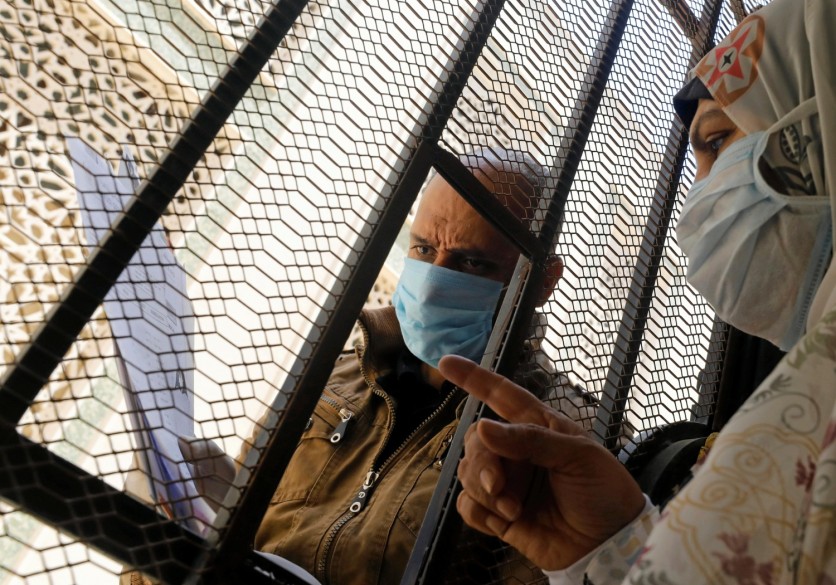Scientists are checking whether an experimental drug can help prevent deadly COVID-19-related blood clots. The trial, funded by the British Heart Foundation, will test the theory that a coronavirus-triggered hormone imbalance causes the blood clots.
A molecule called TRV027 will become one of the coronavirus medications being trialed at the moment to avoid the worst effects of the viral disease.

Also Read: COVID-19: Blood Test Could Tell Doctors If Coronavirus Patients Are Likely to Become Seriously Ill
Blood clot among reasons why coronavirus patients don't survive
Medical professionals have indicated that up to a third of patients with severe coronavirus develop dangerous blood clots which can lead to death. Severe inflammation in the lungs, which is the body's natural response to the virus, is thought to be behind the clot formation. The TRV027 molecule in question acts to rebalance the blood pressure, water, and salt hormones involved.
Many of the treatments trialed to treat COVID-19 are focused on the inflammatory response of the body. However, the hormonal imbalance is a "quite distinct problem," which explains why some people get seriously ill because others don't, says Dr. David Owen, one of the lead researchers of the study.
"This virus poses a huge challenge for researchers because so much about it is unknown," Owen pointed out.
Blood clotting might also explain why, according to the British Heart Foundation, COVID-19 appears to mainly affect people who already have cardiovascular disease despite the virus being a respiratory disease.
Different drugs trialed
Because COVID-19 is such a complex disease that affects many of the body's systems, this treatment could be used in combination with other drugs, says Dr. Kat Pollock, a joint study lead. The latest experimental drug or placebo will be tested with about 60 patients beginning next month.
"We need to move away from thinking of Covid-19 as solely a respiratory illness - it also has devastating effects on the rest of the body, including the blood vessels and heart," Pollock said.
TRV027 is just one of several different drugs tested to alleviate or help the body fight off the disease's worst effects.
ALSO READ: COVID-19: All Monkeys in Oxford Vaccine Trial Were Infected By Coronavirus
While there is still hope that many drugs could be used together to shorten the illnesses of patients, none has yet been shown to be efficient on its own. Remdesivir, for example, a drug that has shown positive results, works by targeting an enzyme that a virus uses to replicate inside body cells.
In the meantime, plasma, the liquid part of blood taken from people who have recovered from coronavirus, could help by giving sick people who have not recovered the right antibodies to fight off the virus.
In addition, a variety of other therapies concentrate on the harmful inflammatory response from the body to combating COVID-19, known as cytokine release syndrome.
The British Heart Foundation's medical director, Professor Sir Nilesh Samani, said scientists urgently need to find new treatments that can reduce the damage caused by the coronavirus without an effective COVID-19 vaccine.
"People with heart and circulatory diseases are at greater risk of experiencing a more severe illness, and it's vital we find out why and tackle this increased risk," he said.
ⓒ 2025 TECHTIMES.com All rights reserved. Do not reproduce without permission.




